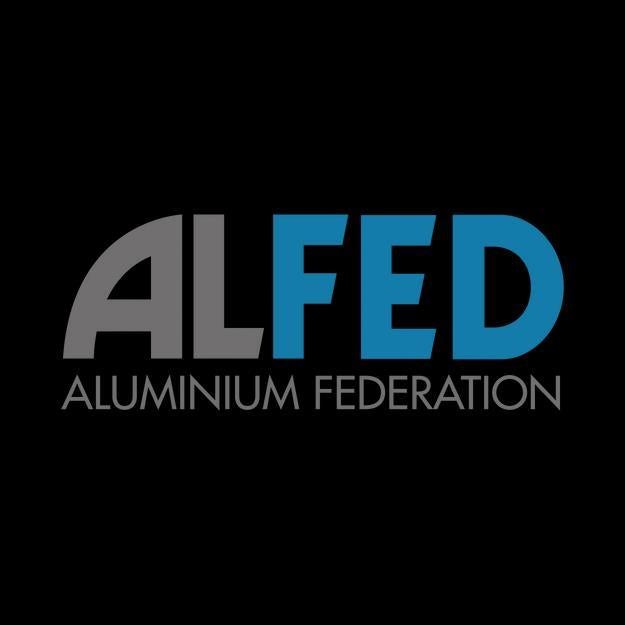






• By adopting recycled aluminium, manufacturers can realise cost savings, reduce environmental impact, and position themselves as leaders in sustainable and responsible business practices.
• Addressing threats to the UK aluminium market is essential to unlocking the full potential of recycled aluminium and driving its adoption across various industries.
0333 240 9735
www.alfed.org.uk








Government Policy and Promoting Recycling – Intrinsically Linked?
So what? – Takeaway thoughts
GOVERNMENT POLICY & PROMOTING RECYCLING – INTRINSICALLY LINKED?
Recycling Aluminium Packaging Is Already Viable!
68% 82%
Recycling Rate for All Aluminium Packaging in 2021
Recycling Rate for Aluminium Beverage Cans in 2021
So, how can this be improved?

• A well-designed Deposit Return Scheme for Drinks Containers could:-
– Bring recycling rates to 90%...
– …At a low cost for brands who use this sustainable and valuable material…
– …provide high quality recyclate for the circular economy…
–
…And revolutionise attitudes to recycling!
• A well-designed Extended Producer Responsibility (EPR) system could:-
– Drive collection and recycling rates of all aluminium packaging typed up…
–…Incentivise the use of recyclable packaging…
– …And spark innovation in recycling technology and systems!
• A poorly-designed Deposit Return Scheme for Drinks Containers could:-
– Damage the market for cans (by up to 25%!), particularly multipacks…
– …needlessly charge those wanting to use cans for setting up YET ANOTHER ineffective collection system…
–
…annoy the public and ‘switch them off!’
• A poorly-designed Extended Producer Responsibility (EPR) system could:-
–
Fail to take account of circular economy potential of aluminium compared to other materials…
– …be so onerous that it suppresses innovation…
– …AND lack the ‘teeth’ to actually deliver recycling rate improvements, being an expensive ‘white elephant.’

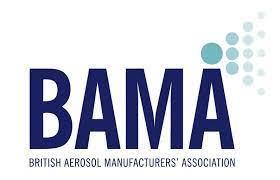
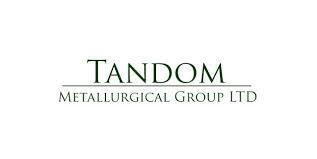


A world where consumers know that they can recycle their empty aerosols in their kerbside recycling, and be confident that their packaging waste will be collected, sorted and recycled responsibly.


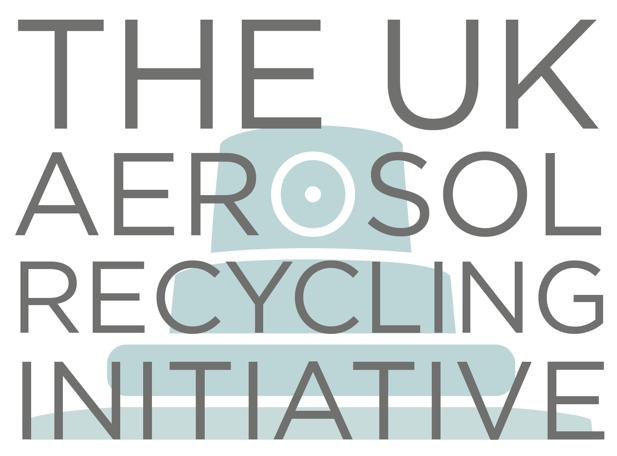

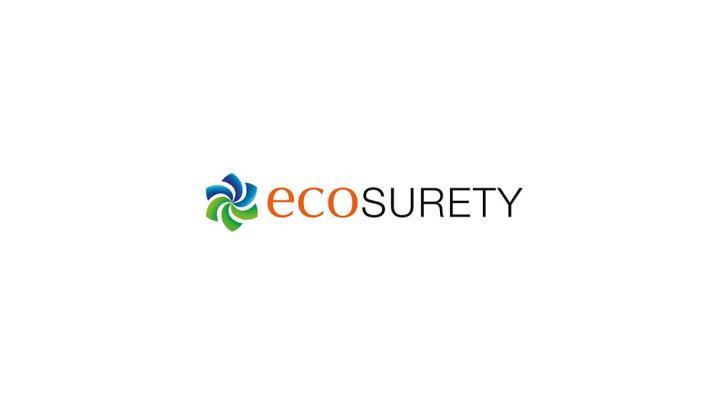
More aluminium packaging than ever is being recycled, but there’s room for improvement…
…policy can help, but also hinder,
…collective action by industry CAN HELP GET GOOD POLICY…
…and realise the circular economy for aluminium packaging!


Unless otherwise stated, all rights are reserved. No part of this document may be photocopied, reproduced, translated to another language, or transmitted in any form or by any means, electronic or mechanical, for any purpose, without the express permission of Innoval Technology Ltd.

The information contained in this document is subject to change. Notice of changes will be made only to the parties deemed relevant by Innoval Technology Ltd.
Innoval Technology Ltd assumes no responsibility or liability for any errors that may appear in this document or for any incidental or consequential damages.

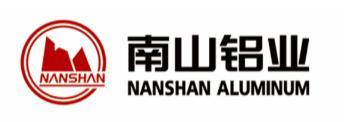













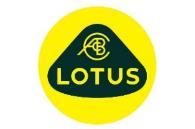










Data source: letsrecycle.com

Scrap,
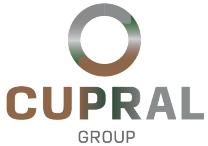

Casting, Extrusion, Forming, Joining, Testing,
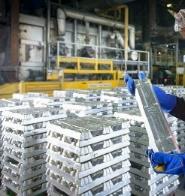




Design & CAE/FEA, LCA
Design, Specifications,
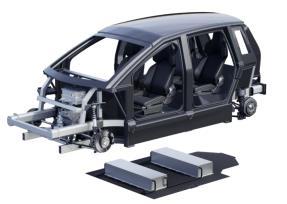











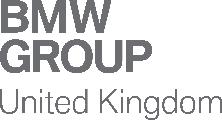



Manufacturing, Testing
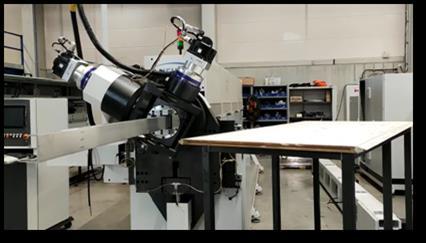
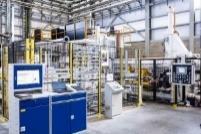


“
Economic Viability is informed by financial analysis but takes a broader approach to costs and benefits than just financial considerations.
The economic analysis typically encompasses a larger geographic scale, examining the national or regional implications of the project and social and environmental externalities.”
Hydropower sustainability council: Hyrdosustainability.org





• Net Zero can’t wait to 2050
• Delink growth in aluminium production and GHG emissions

• Electricity decarbonisation, direct emissions reduction and resource efficiency
• “To avoid the GHG emissions overshoot, the increase in the demand for virgin aluminium would need to slow and even reverse from current levels.” Eunomia report, 2022, Is Net Zero Enough for the Materials Production Sector?
https://www.eunomia.co.uk/reports-tools/is-net-zero-enough-for-the-materials-production-sector/


Recycling is essential but insufficient

Export millions of tonnes of aluminium as low grade material, import as high grade for billions of £


Customer awareness and demand for recycled materials is increasing.
Environmental impact

Demand for aluminium is set to increase significantly – must use existing material
Under increasing scrutiny. Recycling can reduce impact but only part of wider solution.
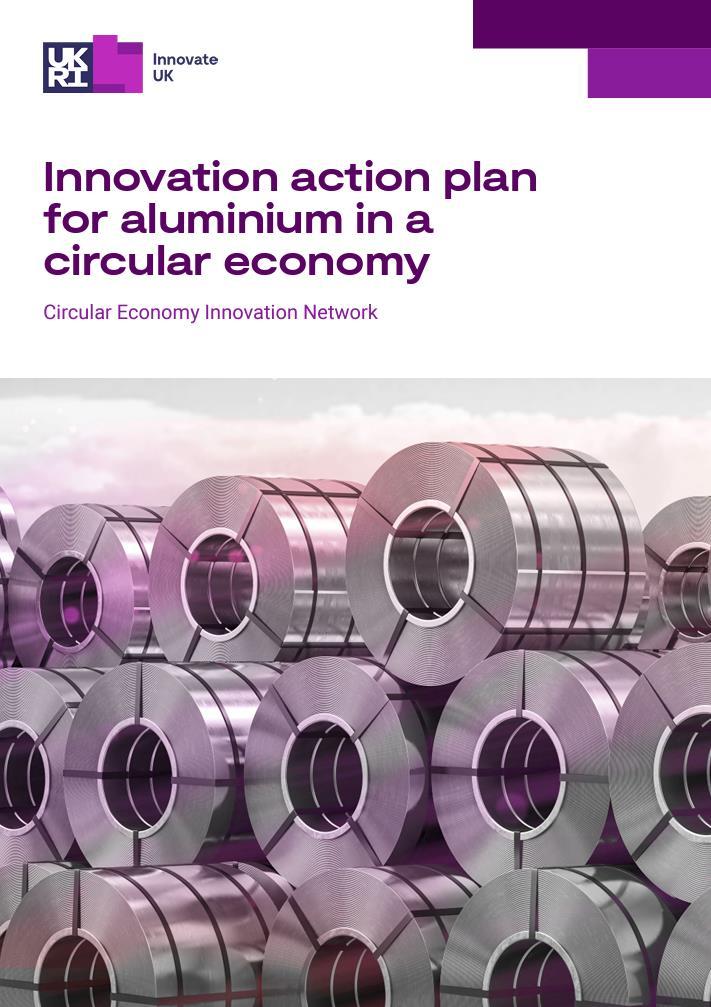
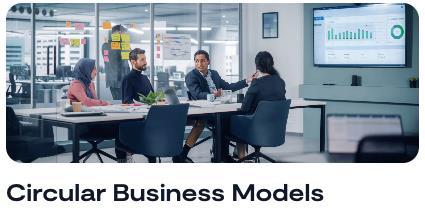


Greener aluminium Maximise re-used Do more with less
Alloy design Disassembly & Reuse Certification
Maintain value
Increase recovery systems

Innovative thinking
Capability training
Shorter closed loops
New revenue streams



11th October – Webinar
“Taking action towards circularity in aluminium”
Transforming Foundation Industries Resource Efficiency for Materials & Manufacture
Cross-sector collaboration between the Foundation Industries
Metals, Cement, Ceramics, Chemicals, Glass, Paper
Inaugural Innovation Pavilion here at UK Metals Expo Stand T34
UK to be a leader in resource efficiency Across all materials

Expressions of interest:
Rapidly find innovative solutions to materials and manufacturing challenges

Closes 30th Sept.
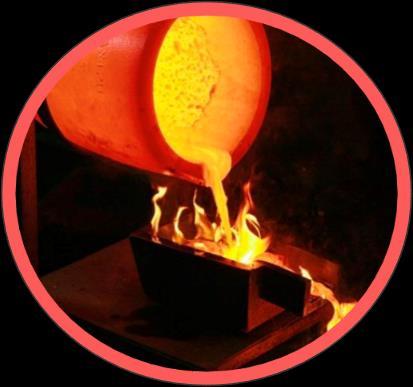


It is no coincidence that the UK manufacturing sector is at one of its weakest points in history.
The governments duty is to create a competitive trading environment that allows the UK industry to succeed, grow and lead the green transition.

• Enables growth in the green economy


• We need clear objectives
• We must learn from international best practice
• It should be implemented and governed by a separate body
• It needs to deliver on key commitments (skills, infrastructure, finance, R&D, etc...)
Considerations for a successful strategy:
• Should include horizontal and vertical elements to inspire an integrated industry that accounts for energy and climate policies
• Must adapt to changing business environments

• Mustn’t protect businesses from transitional change
• Should create conditions for new ideas to be commercialised and businesses to grow
The role of aluminium:
• Key to driving industrial change and sustainable progress
• Has a significant strategic value to future innovation across multiple sectors (increased investment is essential)
• Perfectly positioned to capitalise on demand for sustainable materials
• Contributor to key industries
• Essential to driving future innovation
0333 240 9735
www.alfed.org.uk
